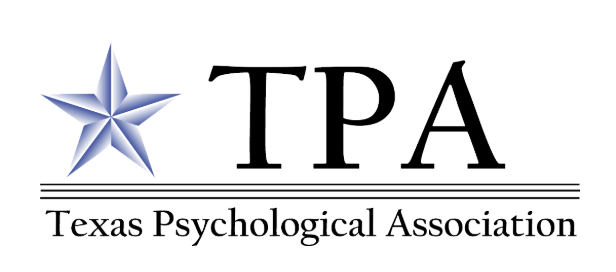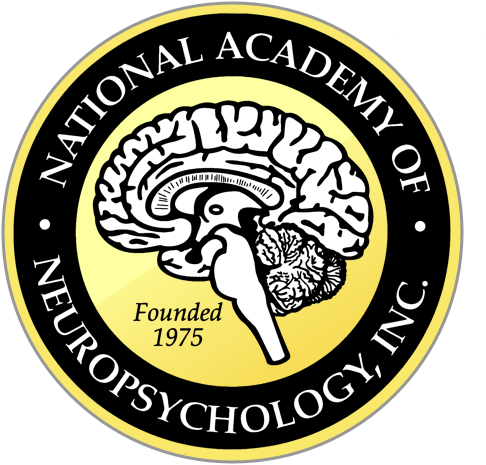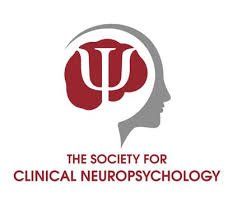Jennifer Forrester, PsyD
CLINICAL NEUROPSYCHOLOGIST
-
Dementia & Neurodegenerative Disorders (Alzheimer’s, Parkinson’s, etc.)
Traumatic Brain Injury (TBI) & Concussion
Stroke & Vascular Cognitive Impairment
Multiple Sclerosis & Other Autoimmune-Related Cognitive Issues
Epilepsy & Seizure Disorders
Psychological Disorders Impacting Cognitive Function
And More…
-
Adult & Geriatric Neuropsychology
Cognitive Function & Brain Health in Aging
Psychological Assessment in Medical Settings
Rehabilitation Psychology & Cognitive Recovery
Training & Supervision of Neuropsychology Trainees
-
Doctor of Psychology (PsyD) in Clinical Psychology
University of Indianapolis
Emphasis: Clinical Neuropsychology
Master of Arts (M.A.) in Clinical Psychology
University of Indianapolis
Bachelor of Science (B.S.) in Psychology
Purdue University
-
Postdoctoral Fellowship in Clinical Neuropsychology
Baylor Institute for Rehabilitation
Focus: Inpatient & outpatient neuropsychological evaluations for individuals with acquired brain injuries, neurodegenerative disorders, stroke, epilepsy, and other medical conditions affecting cognition.
-
American Psychological Association (APA) – Division 40 (Neuropsychology)
International Neuropsychological Society (INS)
National Academy of Neuropsychology (NAN)
-
Peer-Reviewed Journal Articles
Forrester, J., Smith, R., & Johnson, M. (2021). Cognitive functioning in chronic medical conditions: A neuropsychological perspective.Journal of Clinical Neuropsychology, 15(3), 245-262.
Forrester, J., & Taylor, B. (2019). Impact of neuropsychological rehabilitation on executive functioning following stroke.NeuroRehab Journal, 10(2), 115-130.
Published Abstracts
Forrester, J., et al. (2020). The relationship between neurocognitive function and mood disorders in aging populations.Conference on Aging & Cognitive Health.
Forrester, J., et al. (2018). Neurocognitive markers in mild traumatic brain injury: A longitudinal study.International Conference on Brain Injury.
Professional Memberships
National Academy of Neuropsychology
〰️
International Neuropsychological Society
〰️
APA Division of Clinical Neuropsychology
〰️
Texas Psychological Association
〰️
National Academy of Neuropsychology 〰️ International Neuropsychological Society 〰️ APA Division of Clinical Neuropsychology 〰️ Texas Psychological Association 〰️
✺ Frequently asked questions ✺
-
I specialize in adult and geriatric neuropsychology, working primarily with individuals experiencing memory concerns, cognitive changes, and neurological conditions. This includes patients with Alzheimer’s disease, Parkinson’s disease, stroke, traumatic brain injury (TBI), and other neurodegenerative disorders. I also see individuals dealing with cognitive difficulties related to chronic medical conditions, infectious diseases, and aging-related changes.
-
If you or a loved one are experiencing changes in memory, attention, language, or problem-solving skills, a neuropsychological evaluation can provide insight into cognitive strengths and weaknesses. These assessments are particularly helpful in diagnosing conditions like dementia, clarifying concerns about cognitive decline, or establishing a baseline for future monitoring. If you’re unsure whether an evaluation is right for you, discussing your concerns with a physician or neurologist can help determine if a referral is appropriate.
-
A neuropsychological evaluation typically involves a clinical interview, cognitive testing, and discussion of medical history and daily functioning. Testing can take between 3 to 4 hours, with breaks as needed. You will complete structured tasks assessing memory, attention, processing speed, problem-solving, and other cognitive functions. The goal is to create a comprehensive picture of your cognitive health to guide diagnosis and treatment recommendations.
-
No, but you will have a follow-up appointment to review the findings. After your evaluation, I will carefully analyze your results and compile a detailed report, which includes diagnostic impressions, cognitive strengths and weaknesses, and recommendations for treatment or support. This process typically takes 1 to 3 weeks, after which we will schedule a feedback session to discuss the results and next steps.
-
Yes, I accept referrals from neurologists, primary care physicians, psychiatrists, and other healthcare providers who have concerns about a patient’s cognitive function or mental health. I also collaborate with specialists in geriatrics, movement disorders, infectious diseases, and rehabilitation medicine to provide comprehensive assessments tailored to each patient's needs.
-
After reviewing your results, I will provide personalized recommendations based on your cognitive profile. This may include medical follow-ups, cognitive rehabilitation strategies, therapy referrals, or lifestyle modifications to support cognitive health. If necessary, I work closely with your referring provider to ensure appropriate next steps for treatment and management. If your condition requires ongoing monitoring, we may schedule periodic follow-up assessments to track any cognitive changes over time.




